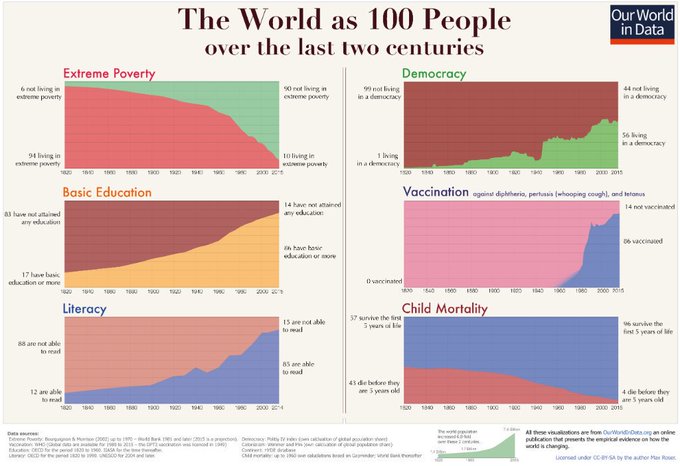In 2015, the world’s governments signed on to the U.N. Sustainable Development Goals (SDGs) with a commitment to bring the global economy back into balance with the living world. Now, five years later, as the U.N. General Assembly convenes online to discuss the global ecological crisis, everyone wants to know how countries are performing.
To answer this question, delegates and policymakers have referred to a metric called the SDG Index, which was developed by Jeffrey Sachs “to assess where each country stands with regard to achieving the Sustainable Development Goals.” The metric tells a very clear story. Sweden, Denmark, Finland, France, and Germany—along with most other rich Western nations—rise to the top of the rankings, giving casual observers the impression that these countries are real leaders in achieving sustainable development.
There’s only one problem. Despite its name, the SDG Index has very little to do with sustainable development all. In fact, oddly enough, the countries with the highest scores on this index are some of the most environmentally unsustainable countries in the world.
Take Sweden, for example. Sweden scores an impressive 84.7 on the index, topping the pack. But ecologists have long pointed out that Sweden’s “material footprint”—the quantity of natural resources that the country consumes each year—is one of the biggest in the world, right up there with the United States, at 32 metric tons per person. To put this in perspective, the global average is about 12 tons per person, and the sustainable level is about 7 tons per person. In other words, Sweden is consuming nearly five times over the boundary.
…click on the above link to read the rest of the article…













